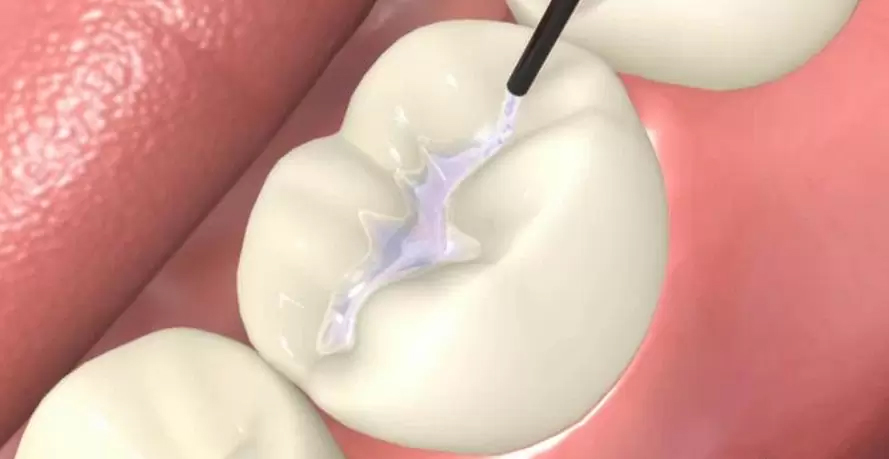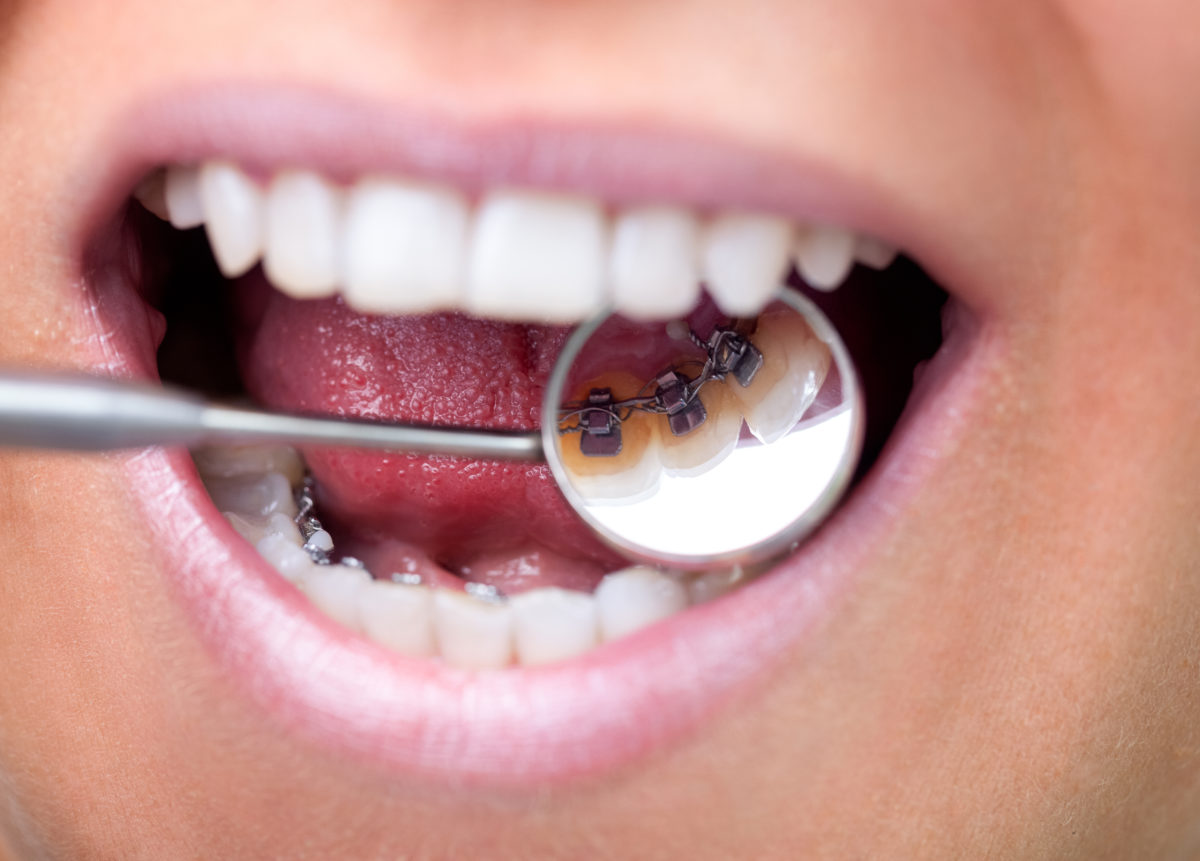Dental Crowns Explained
A crown, sometimes known as a dental cap, is a type of dental restoration which completely caps or encircles a tooth or dental implant. Crowns are often needed when a large cavity threatens the ongoing health of a tooth. They are typically bonded to the tooth using a dental cement.
If you want a smile that’s your crowning glory, you may need a crown to cover a tooth to help restore it to its normal shape and size. A crown can make your tooth stronger and improve its appearance.
A crown can also help to strengthen a tooth with a large filling when there isn’t enough tooth remaining to hold said filling.
They can also be used to attach bridges, protect a weak tooth from breaking or to restore one that’s already broken. A crown is a good way to cover teeth that are discoloured or misshapen. Most commonly, crowns are used to cover dental implants.
If your dentist recommends a crown, it is probably to correct one of these conditions. Your dentist’s primary concern, like yours, is helping you keep your teeth healthy and your smile bright.
If you think you may be in need of a crown, book an appointment with one of our general dentists here
Lingual Braces Explained
Lingual braces have the same components as conventional braces, but they’re fixed to the back of your teeth, on the tongue — or lingual — side of the teeth. Because they’re behind your teeth, they are almost invisible. As well as that they;
- Effectively correct most bite problems.
- Can be customized to increase your comfort and maximize their efficiency.
- Can be a good option if you need braces but don’t want them to be obvious. Because they’re attached to the back sides of your teeth, they aren’t as visible as conventional braces.
What to expect:
- Depending on costs in your area and your particular orthodonticneeds, lingual braces could cost more than ordinary braces, and your treatment time may also be a little longer.
- You should expect some pain while your tongue gets used to the brackets, and you should be prepared for a slight lisp for the first few weeks or months of treatment.
- The best way to determine whether or not lingual braces are a good option for you is to meet with a specialist orthodontist. We can analyze your teeth and recommend the best line of treatment for your particular case.
To book a consultation with our specialist orthodontist Dr Ronan Perry click here
What are fissure sealants and how do they work?
Think of fissure sealants as raincoats for your teeth. When the cavity-causing bacteria that live in everyone’s mouth meet leftover food, they produce acids that can create holes (cavities) in teeth. After sealants have been applied, they keep those bits of food out and stop bacteria and acid from settling on your teeth—just like a raincoat keeps you clean and dry during a rain shower.

Who are they for?
Both children and adults can benefit from sealants. However, the earlier you get them, the better. Your first molars appear around age 6, and second molars break through around age 12. Sealing these teeth as soon as they come through can keep them cavity-free from the start, which helps save time and money in the longterm/
How Are They Applied?
The dentist will clean and dry your tooth before placing an acidic gel on your teeth. This gel roughs up your tooth surface so a strong bond will form between your tooth and the sealant. After a few moments, your dentist will rinse off this gel and dry your tooth once more before applying the sealant onto the grooves of your tooth. Your dentist will then use a special blue light to harden the sealant.
Can they Be Placed Over Cavities?
Sealants can be used over areas of early decay to prevent further damage to your tooth. Because some sealants are clear, your dentist can keep an eye on the tooth to make sure the sealant is doing its job.
Book a dental exam with one of our general dentists today if you would like to talk about fissure sealants.


